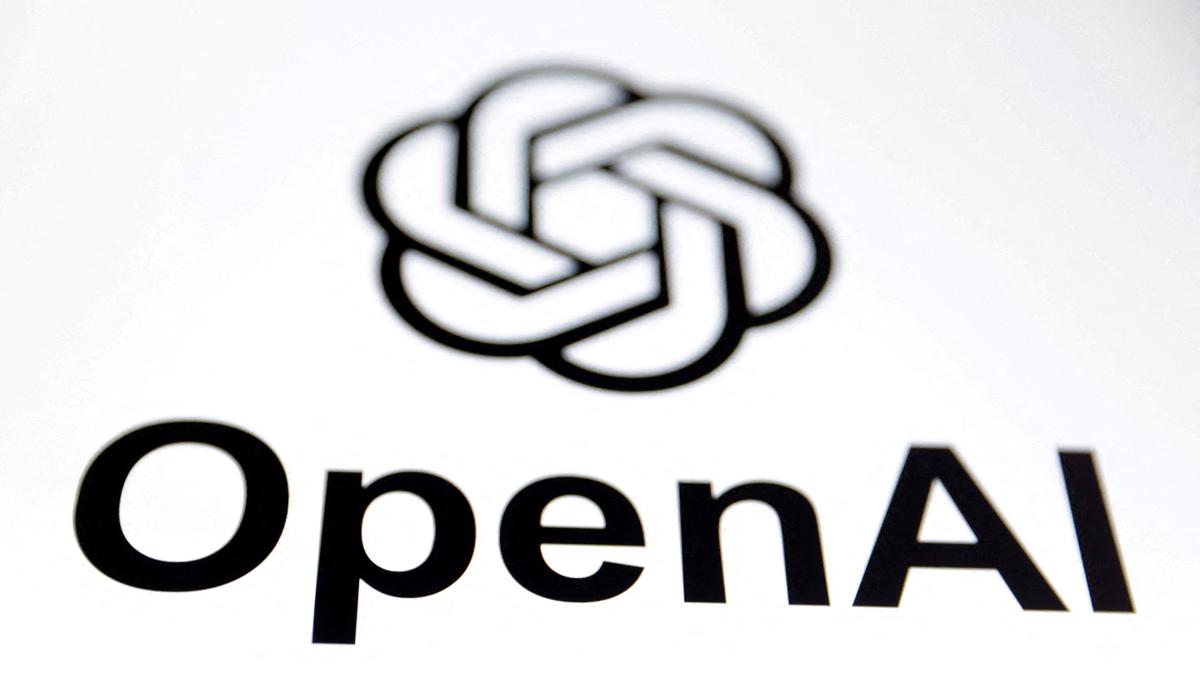The AI landscape is experiencing a rapid evolution, driven by advancements in large language models (LLMs) and the growing demand for AI-powered solutions. OpenAI, a leading player in this field, has attracted significant interest from tech giants like Apple, Microsoft, and Nvidia, all vying for a stake in its success. This article delves into the evolving landscape of the AI market, focusing on the latest developments, investment trends, and the impact of these advancements on the industry.
The OpenAI Funding Frenzy
OpenAI’s remarkable growth and the transformative potential of its technology have triggered a surge of investment interest from key players in the tech world. Recent reports suggest that Apple and Nvidia are in discussions to invest in OpenAI, joining forces with Microsoft, which already holds a substantial stake in the company. This investment round, anticipated to value OpenAI above $100 billion, is driven by the strategic significance of AI and the recognition of OpenAI’s leading position in the field.
Strategic Investments in AI
The involvement of Apple, Nvidia, and Microsoft reflects the strategic importance of AI in their respective businesses. Apple’s investment signifies its commitment to integrating AI into its hardware and software ecosystems, potentially expanding its offerings through OpenAI’s technology. Nvidia, a dominant force in the chip industry, is likely seeking to leverage OpenAI’s capabilities to enhance its GPU solutions and capitalize on the burgeoning AI market. Microsoft’s continued investment solidifies its existing partnership with OpenAI, further fueling its cloud platform and AI solutions.
The Impact of ChatGPT
OpenAI’s ChatGPT, a conversational AI chatbot, has been instrumental in propelling the company to its current position. Its ability to engage in human-like conversations, generate text, and perform various tasks has captured the attention of both businesses and individuals. Apple’s integration of ChatGPT into its devices under the “Apple Intelligence” banner highlights the potential of such technology to revolutionize user experiences. ChatGPT’s widespread adoption underscores the increasing reliance on AI for automation, information access, and personalized interactions.
Nvidia’s Earnings Report and the AI Chip Market
Nvidia, a key player in the AI chip market, experienced a setback with its recent earnings report, sending shockwaves through the technology sector. Despite its position as a leading provider of GPUs for AI workloads, Nvidia’s disappointing financial results triggered concerns about the growth prospects of the AI market and cast a shadow on the sector’s immediate future.
Market Reactions to Nvidia’s Performance
Nvidia’s forecast for lower gross margins in the upcoming quarter sparked a sell-off in its stock and broader market concerns about the AI chip market’s trajectory. The decline in Nvidia’s share price and the associated drop in market value underscore the reliance on this key technology company for the overall health of the AI sector. Other AI-related companies, such as Broadcom and AMD, also experienced share price declines, suggesting a ripple effect throughout the ecosystem. The market reaction to Nvidia’s performance highlights the fragility of investor sentiment and the high stakes involved in the AI technology race.
The AI Chip Landscape
Nvidia’s dominance in the AI chip market has been attributed to its superior GPUs, designed to handle the intensive calculations required for AI workloads. However, other companies are striving to compete in this arena. AMD, Intel, and Qualcomm, among others, are developing their own AI chip solutions. The future of the AI chip market remains uncertain as companies continue to compete on innovation and cost-effectiveness.
The Character.AI Layoffs
In a contrasting development, Character.AI, a chatbot startup, announced layoffs, shedding a portion of its workforce. This decision reflects the challenges faced by smaller players in the rapidly evolving AI landscape. Despite gaining traction with its conversational AI capabilities and securing a partnership with Google, Character.AI’s workforce reduction suggests the intense pressure on startups to navigate market shifts and optimize resources.
Navigating Market Volatility
Character.AI’s move highlights the need for AI startups to adapt quickly to changing market dynamics. While funding rounds and strategic partnerships offer short-term growth opportunities, sustainability and long-term viability require careful resource allocation and the ability to adapt to emerging trends. The dynamic nature of the AI industry necessitates agility and a willingness to pivot as technologies and market preferences evolve.
The Impact of Large Players
The influence of large tech giants like Google and Microsoft, with their extensive resources and established market positions, can pose significant challenges for startups. Secureing funding and competing in a space dominated by these powerhouses requires strategic partnerships, innovative product development, and a clear understanding of the evolving market demands.
Take Away Points
- The AI market is experiencing unprecedented growth and investment, driven by advancements in LLMs and the expanding application of AI across industries.
- OpenAI has become a central player in the AI landscape, attracting investment from tech giants like Apple, Microsoft, and Nvidia.
- Nvidia’s earnings report and its impact on the AI chip market highlight the inherent volatility and competitive nature of the technology sector.
- Smaller AI startups face significant challenges in navigating the rapidly evolving market landscape, characterized by competition from established players and a need for rapid adaptation.
- The future of the AI market is highly uncertain, but it will likely be shaped by the strategic alliances formed by tech giants, the pace of innovation in hardware and software, and the emergence of new players in the field.




